Description
Skolar is a robust text typeface designed to address the needs of serious typography. It has been used extensively across diverse platforms and purposes. Skolar’s letterforms follow conventional proportions allowing for comfortable reading. It maintains credibility while while incorporating a subtle personal style.
Features such as its relatively large x-height, robust serifs, and low contrast make Skolar a reliable choice even at small sizes and for the most complex editorial and academic text settings. Skolar’s vast character set caters for over two hundred languages and various transliterations (Pinyin, Sanskrit) using Latin, Cyrillic, Greek (incl. polytonic), Devanagari, and Gujarati scripts.
Design, Publisher, Copyright, License
Design: David Březina
Lead design (Devanagari): Vaibhav Singh
Assistance: Anna Giedryś, light drawings
Assistance: Elena Schneider, extrabold drawing
Assistance: Alexandra Korolkova, Cyrillic consultancy
Assistance: Irene Vlachou, Greek consultancy
Assistance: Gerry Leonidas, Greek consultancy
Assistance: Fiona Ross, Devanagari & Gujarati consultancy
Assistance: Sláva Jevčinová, hinting
Publisher: Rosetta Type Foundry
Specimen: Skolar (PDF)
David Březina
David Březina is the managing director of Rosetta Type Foundry. While you may know him as the designer of the award-winning type family Skolar, he has also worked on custom typefaces for Adobe, Linotype, and Microsoft, and others. So far, he has designed typefaces for Cyrillic, Greek, Gujarati, Devanagari, and various extensions of Latin. David holds master’s degrees in Informatics (Masaryk University, Brno, Czechia) and Typeface Design (University of Reading, UK). He has also been actively involved in writing, presenting, and conducting workshops on type and typography around the world.
Vaibhav Singh
Vaibhav Singh is an independent typographer and type designer from India. He received a bachelor’s degree in Architecture from the University of Pune and a master’s in Visual Communication from IDC, IIT Bombay. He was a recipient of the Felix scholarship in 2010 for his MA in Typeface Design, and again in 2013 for his PhD research, both at the University of Reading.
Having worked as a typographer and exhibition designer in Mumbai, Delhi, and Panjim, he now specialises in designing typefaces for north Indian scripts. In addition to developing fonts, he has been researching aspects of the typography of Devanagari and its implications for print cultures in India – for which he has received fellowships from The Printing Historical Society, UK, and the Smithsonian Institution, Washington DC.
Skolar in Use
WEB: SVOBODNA EVROPA

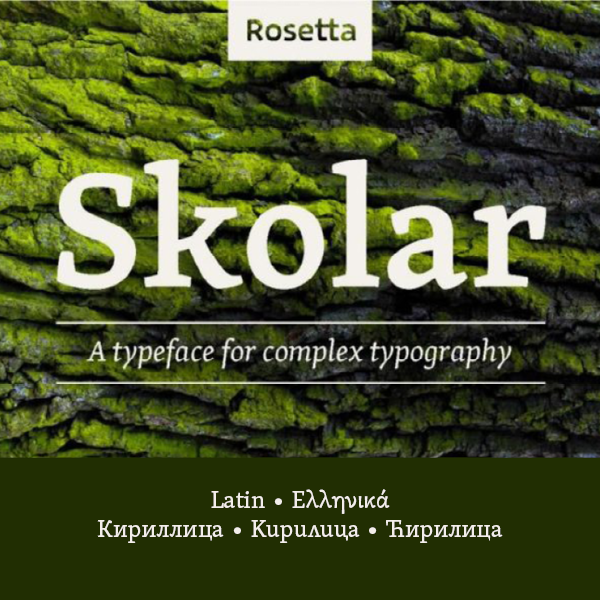
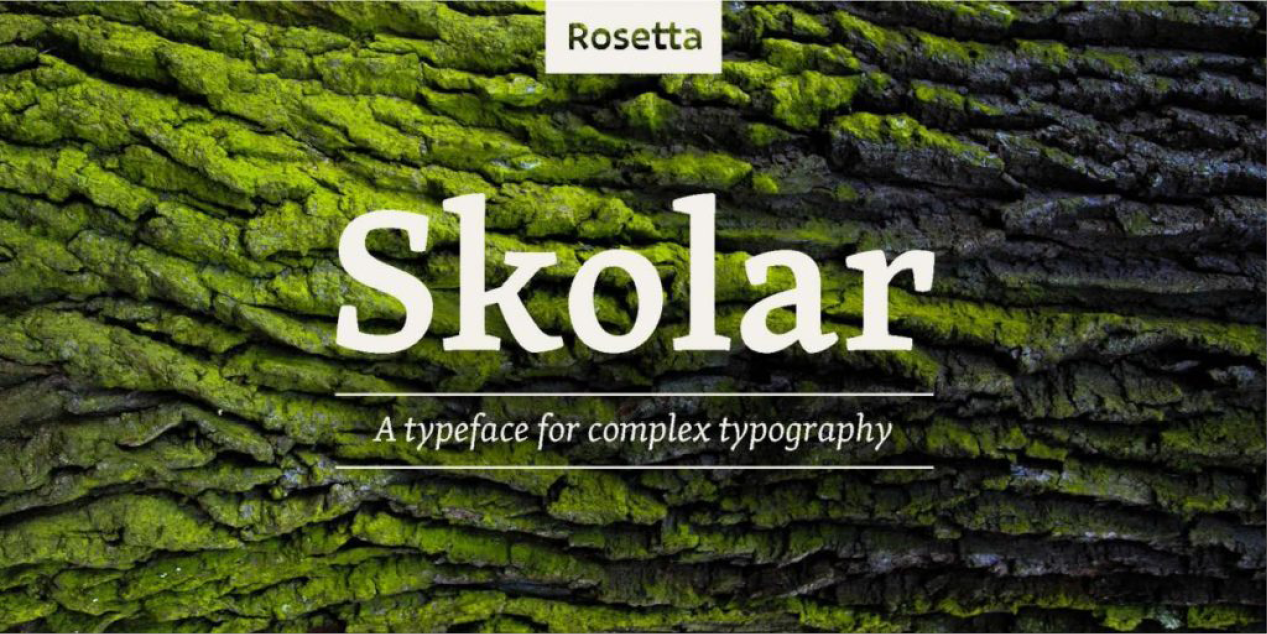
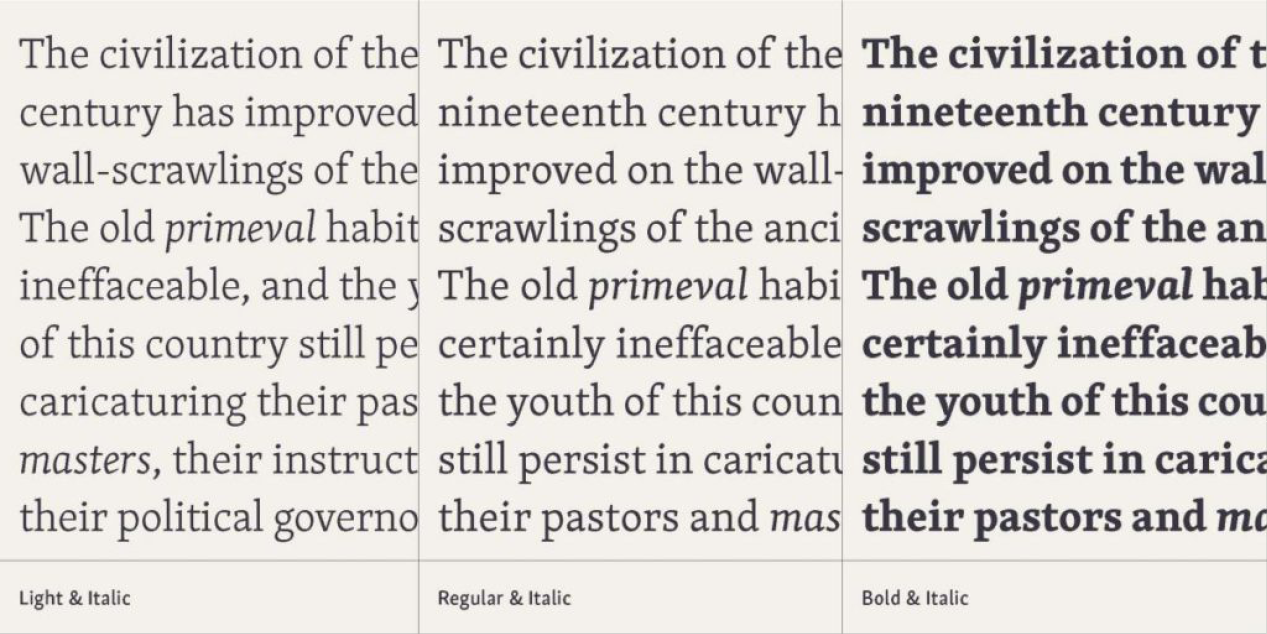

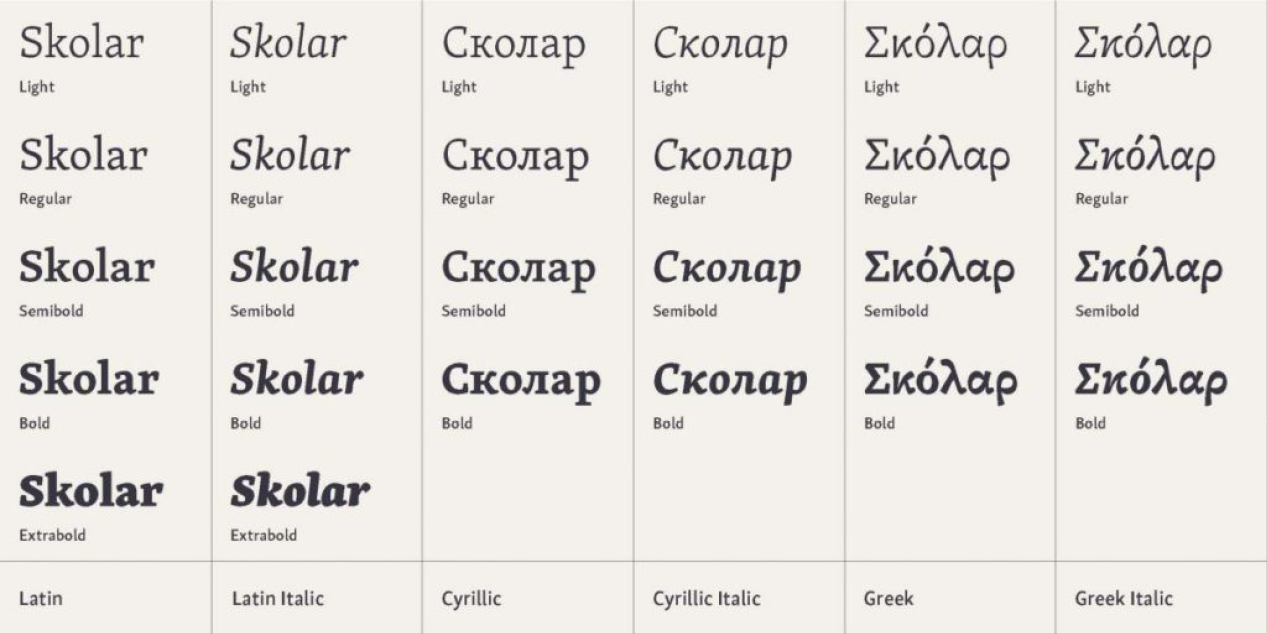
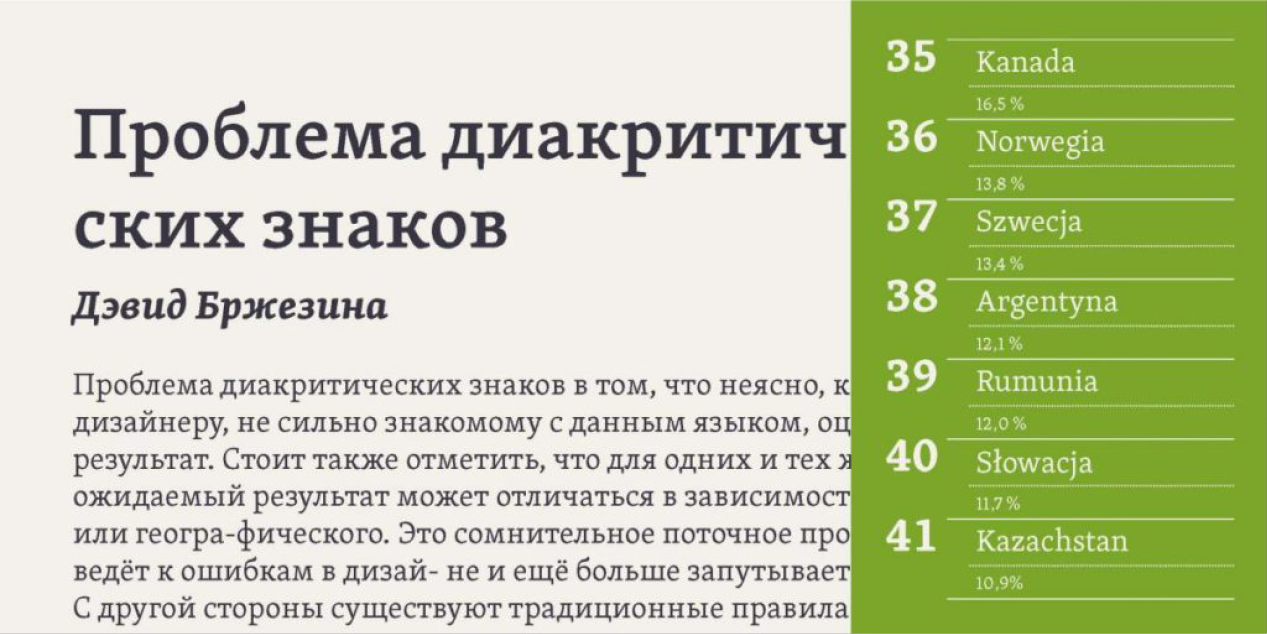
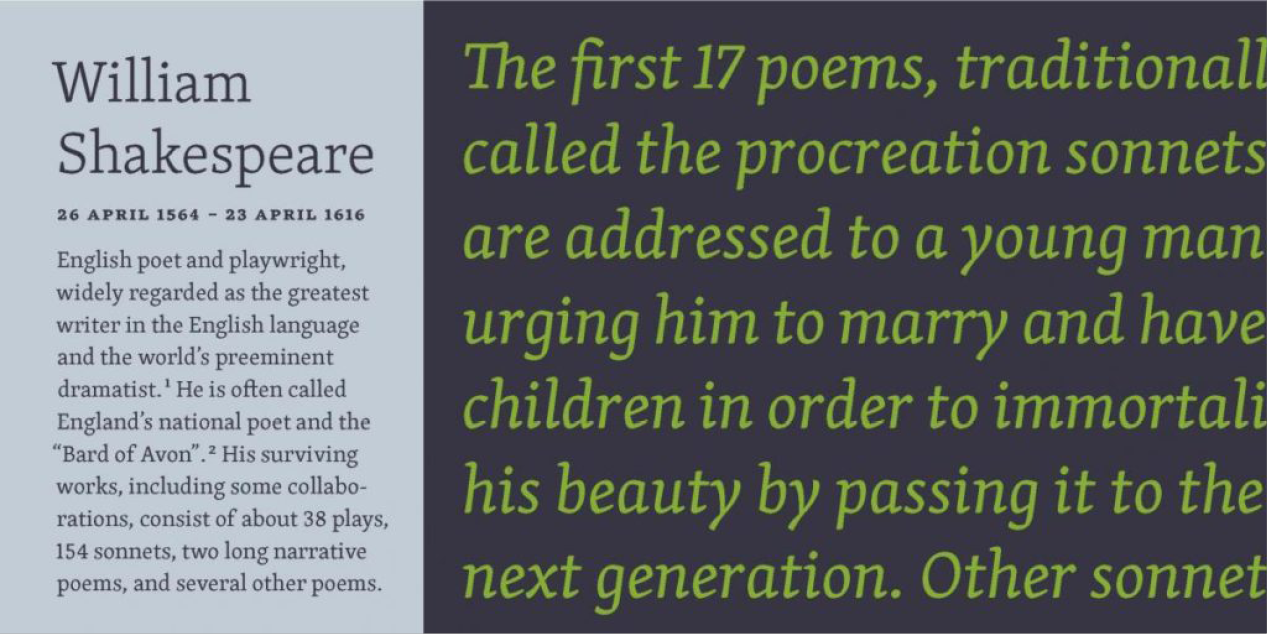
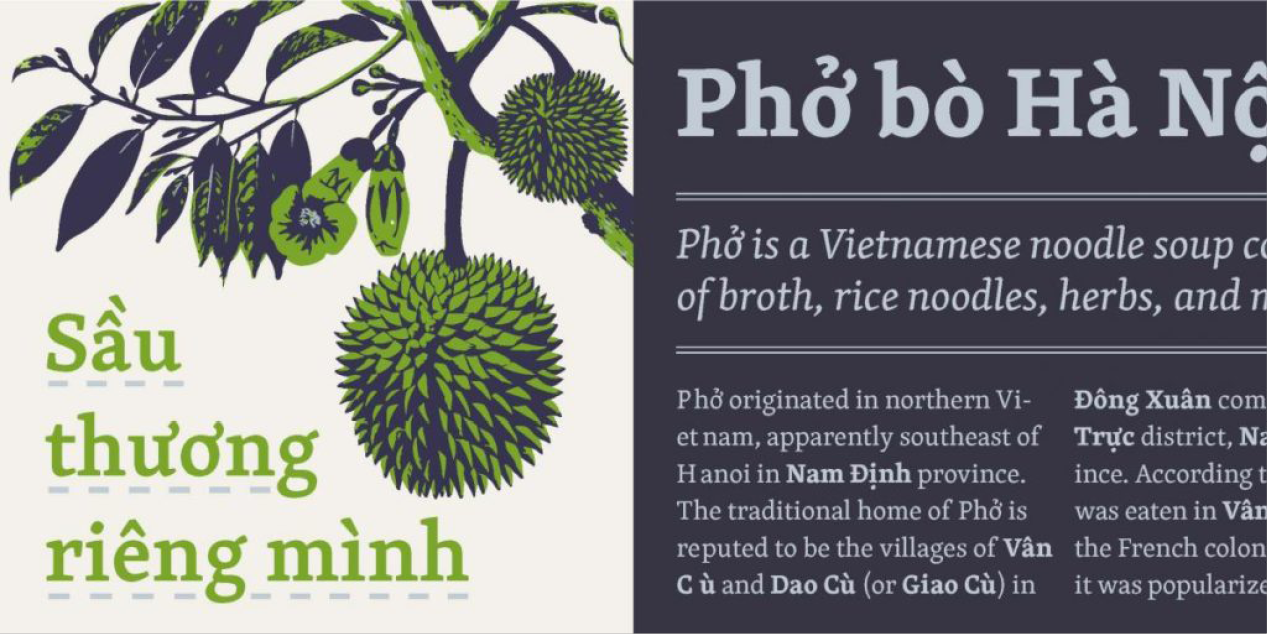
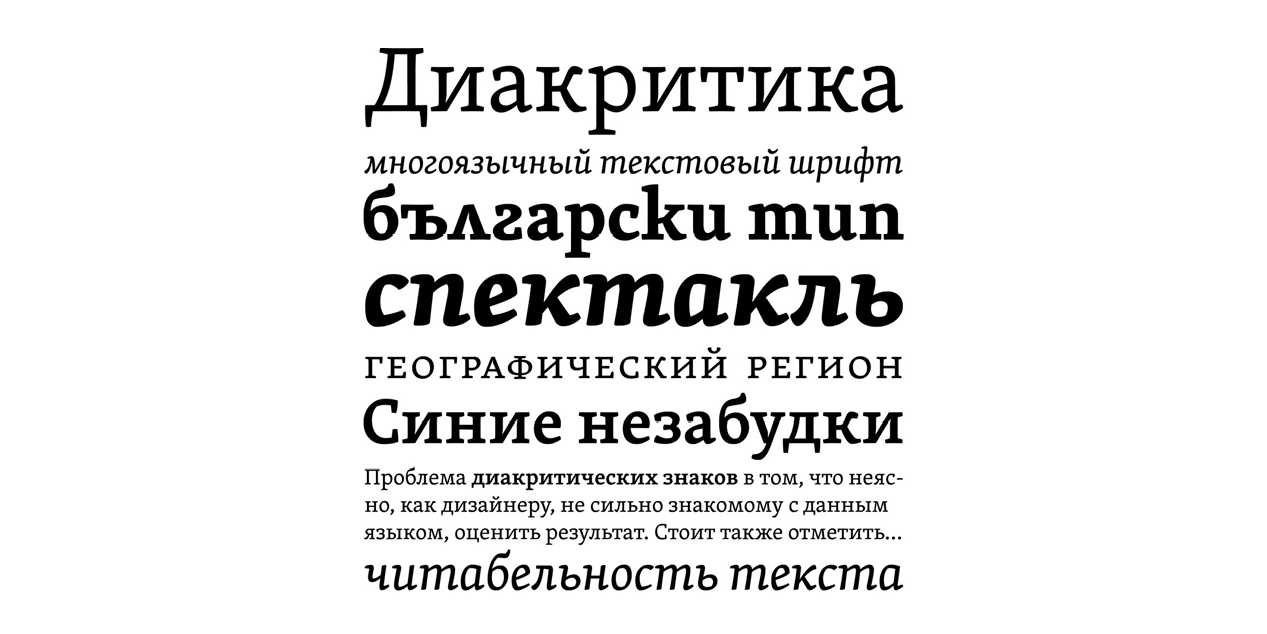
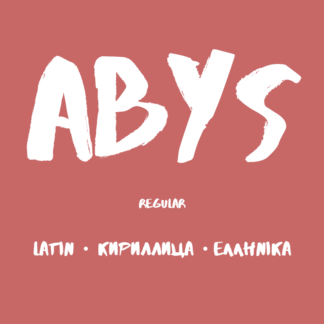
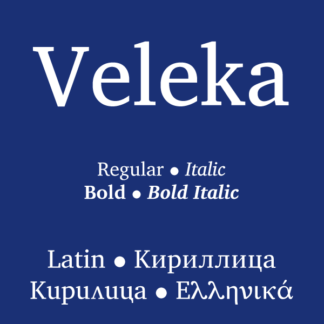
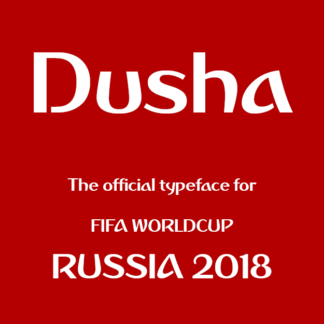
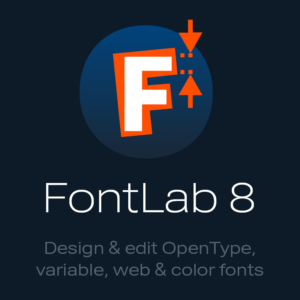
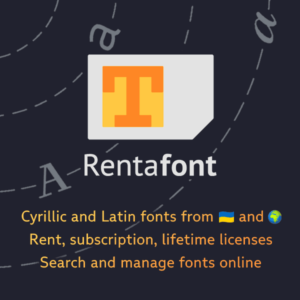
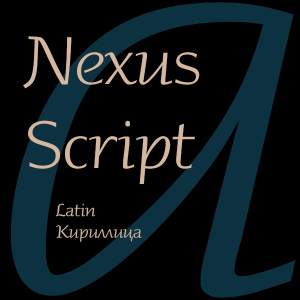
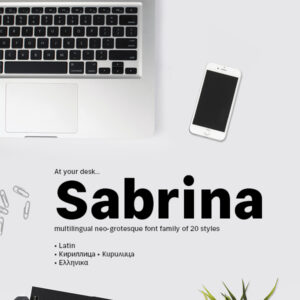
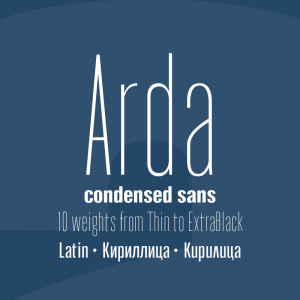

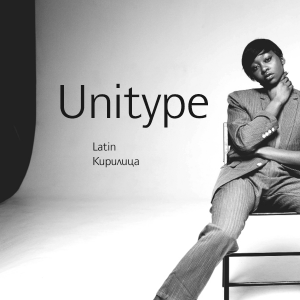
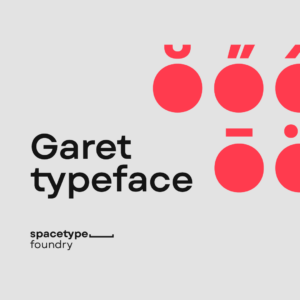
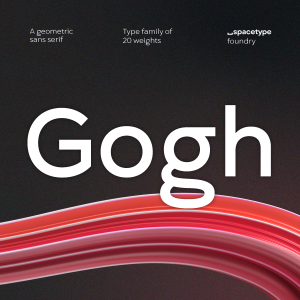
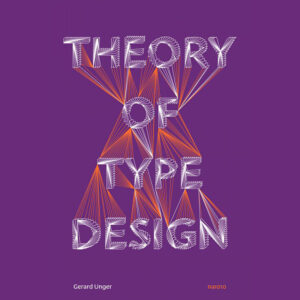
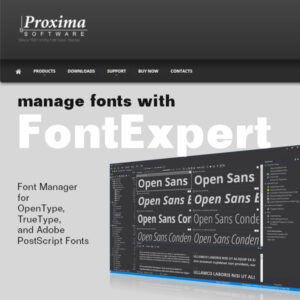
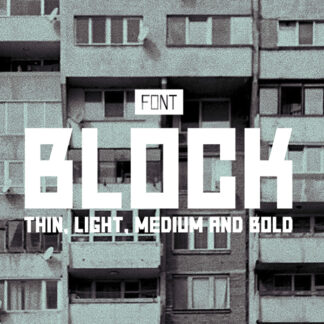
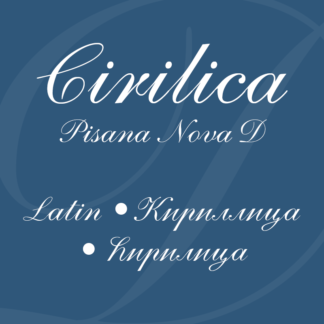
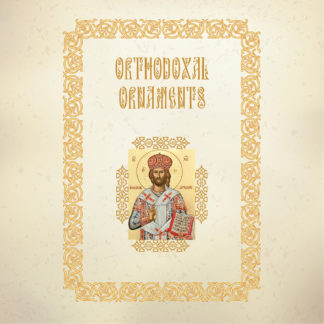
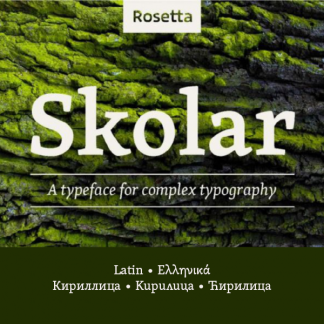
Reviews
There are no reviews yet.